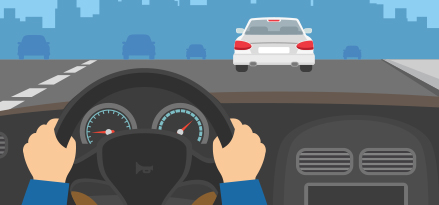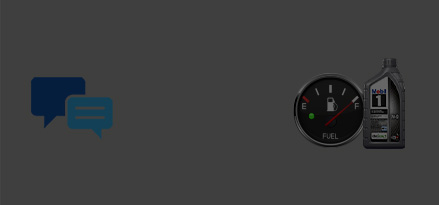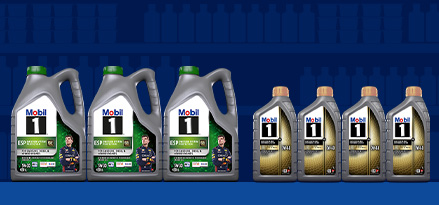Top tips to help improve your fuel economy
-

2. Anticipate what’s coming
You should always look ahead to see what’s coming your way when you’re driving, but by anticipating what traffic in front is doing, you can drive more smoothly and maintain your speed more effectively. Try to avoid heavy braking and accelerating. Maintaining a constant speed helps you save on fuel. Consider using cruise control to help you maintain your speed on roads outside the city centre where speeds can be more consistent.
-

4. Take a load off
By reducing the weight your vehicle is carrying, you can improve your fuel economy. For every 25 kg of load you remove, you can decrease your fuel consumption by around 1%. There are plenty of ways to lighten your load - remove any unneeded roof or bike racks and empty out unnecessary items from your boot.
-

5. Know your gears
Using your gears efficiently can have a big impact on the fuel you use if you have a manual vehicle. You should use the highest gear possible for the current speed limit you’re in. By changing up through the different gears earlier, you’ll lower your engine’s revs, which in turn helps your car use less petrol. Most modern cars even alert you when you should change up a gear.
-

6. Switch off when you can
When you’re parked up for a short time, turn off your engine. Idling your engine uses unnecessary petrol, so if you’re going to be stopped for more than 60 seconds, just switch it off instead. And if your car has a start-stop engine, make sure it’s enabled, again helping improve your fuel economy.
-

7. Cool off the right way
Think before you switch on the air conditioning. Your engine powers your air conditioning, requiring additional fuel. Generally, if you’re driving at speeds lower than 45 mph, lowering your windows instead of using air con uses less fuel. However, it’s more fuel efficient to choose air con over open windows when driving faster than this due to added wind drag.
-

8. Drive smarter
One of the biggest impacts on fuel economy is the length of the journey. There are many ways you can drive smarter: plan your trip to avoid rush-hour traffic; listening to traffic updates so you can avoid accidents or road works; or find routes that have fewer traffic lights and pedestrian crossings. All of these can help reduce stop-start driving, which improves your fuel economy.
-

9. Pump up those tyres
The firmness of your tyres can play a big part in your car’s fuel economy. Both underinflated and overinflated tyres can have a negative impact and cause your car to have to work harder, using more fuel. Aim for Goldilocks tyres - just right. Consider your load, the number of passengers or luggage you’re carrying can also mean you need to inflate or deflate your tyres further - always refer to your vehicle’s manual for recommended pressures. Always check your tyres before a long journey.

10 Keep an eye on what’s inside
A little under-the-bonnet maintenance goes a long way. There are a few regular maintenance checks you can carry out to help improve your car’s efficiency. Spend a few minutes on these quick checks to improve your fuel consumption by ensuring all your vehicle’s components have everything they need to work at their best. These regular maintenance checks include:
- Checking your engine oil level
- Checking your coolant level
- Checking your brake fluid
-

Mobil 1™
Our advanced range of synthetic technology engine oils helps provide outstanding engine protection against wear. Nothing works harder for your car.
More about Mobil 1™ -

Mobil Super™
Mobil Super™ offers a range of synthetic, semi-synthetic and conventional oils providing different levels of protection to match the conditions you face, whilst always ensuring you can drive with full confidence.
More about Mobil Super








